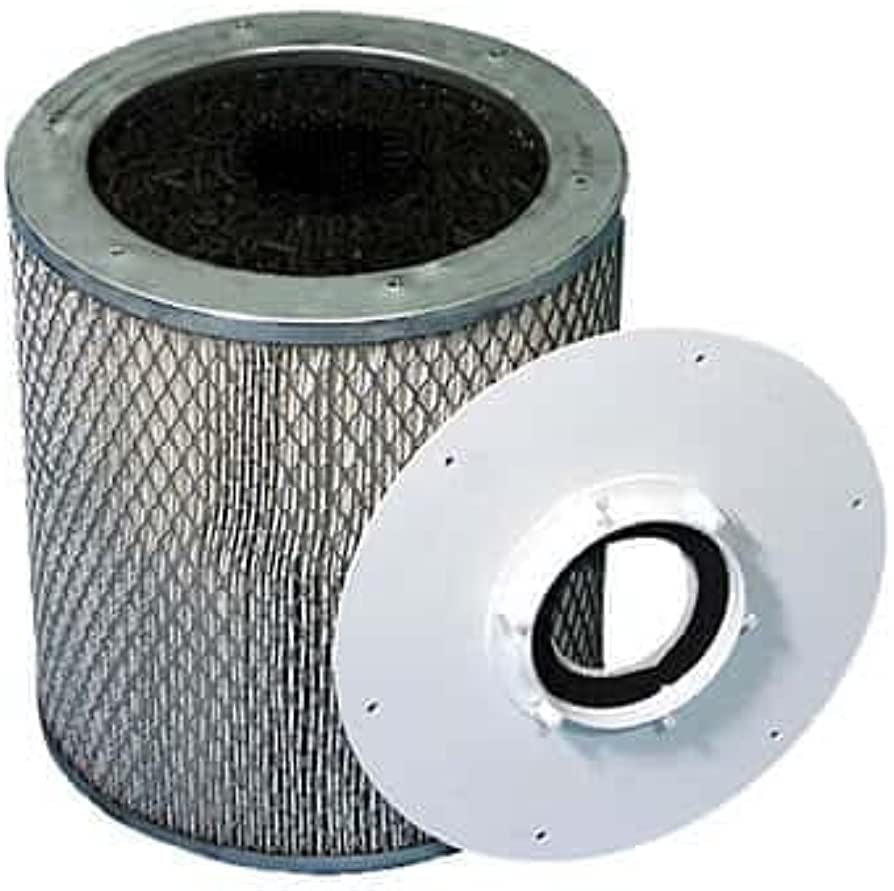A great deal of research has been conducted on the topic of “Impurities to Efficiency”. Various factors such as environmental and operational parameters can have an impact on the efficiency of a system. The type of impurities in a system also plays a role in its efficiency. In this article, we will explore how different types of impurities can affect the efficiency of a system.
Operational parameters include things like temperature, pressure, and flow rate. If these parameters are not optimized, then the system will not be operating at its best possible efficiency. For example, if the temperature is too high or too low, the reactions taking place within the system will not be optimal. The same goes for pressure and flow rate; if either of these are not at their ideal levels, then the system will not be running optimally.
Environmental parameters are things like humidity and air quality. These can also impact the efficiency of a system by affecting how well it operates. For example, if there is too much humidity in the air, it can cause condensation which can lead to corrosion or other problems within the system. Similarly, if the air quality is poor (e.g., there is a lot of dust), this can also impede proper operation and lead to decreased efficiency.
The type(s) of impurities present in a system also play a role in its efficiency. Some impurities may have no effect while others can actually improve performance (e


